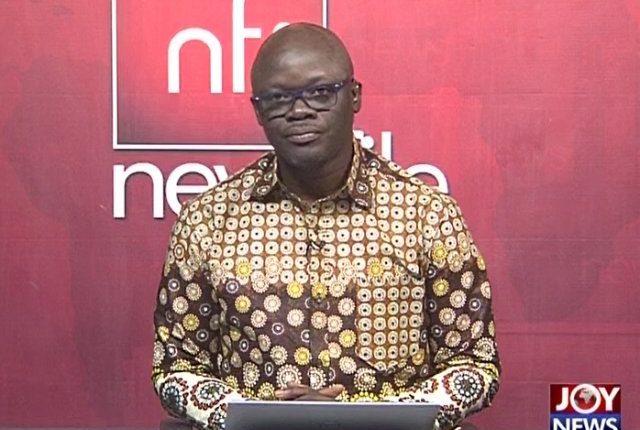The first most important weapon for the Covid19 war in Ghana was a five-page piece of paper, Imposition of Restrictions Act (IRA 2020) passed by Parliament to empower the President to issue orders reasonably necessary for our safety and health. Yes, it is, primarily, for our individual protection and collective safety that some eight Executive Instruments (EIs) have so far been issued.
The pandemic’s devastating chaos has meant what was lawful when you went to bed, may become unlawful in the morning. Some citizens who could not afford a fine of ¢13,000 have been thrown into jail for four years for going to church. A couple of weeks ago, police informed us over 400 people had been arrested and face a similar fate. They were not arrested for stealing; they only stepped out of their homes to go about what had been their normal legit business.
Yet, others got into trouble for organizing parties to celebrate a birthday. We advocated and now on the back of the power for E.I. 61 (i.e. the Public Health Act 2012), a directive has been issued to make wearing masks compulsory. This may not come with criminal sanctions, but the guidance for the proper and hygienic use of the masks is critical.
In his 8th broadcast, the President repeated his pleas for full compliance, and issued a stern warning that those who by their actions breach the lawful measures and compromise our safety will not be spared. He pleaded for collective patriotic support to deal ruthlessly with such conduct. Traditional authorities have given support to police their areas of jurisdiction in the interest of their people.
The Okyehene placed a ban on palace court hearings. But yesterday, there was the installation of a paramount chief in the Eastern Region. The videos show a jubilant crowd with State security protecting a clear breach of the President’s lawful orders against public gatherings, festivals, workshops, political rallies, religious gatherings, etc. On top of the violation, the people of Akuapem were put in danger as there was no observation of social distancing and some didn’t wear a mask.
This comes at a time the EC did something that smacks of disregard for the same law even after a court gave an injunction against the non-exempt institution. The High Court temporarily stopped it from conducting a national workshop for its officers in preparations for possible elections in December because of a suit asserting the workshop was an nCovid19 prohibited act. MP Sam George also resorted to an equally unlawful process to enforce the court order by leading a group to try to prevent what he alleged was a relocation of the workshop stopped by the court.
What do all these acts smacking of impunity and disregard for law and administration of justice ordinarily communicate to the ordinary citizen? The police who arrested violators, got some paying hefty monetary fines and some in jail, how will they explain their subsequent actions to the over 400 citizens they are prosecuting? Will the President or Government deal with the latest violation by merely condemning it?
Ghana’s Constitution in article 17 declares and reinforces a universal principle of law that “[a]ll persons shall be equal before the law”. Let’s be careful how we apply the law before State actors lose the moral authority to enforce the law.
Meantime, please ignore those blaming a judge for doing something wrong in granting the injunction. Then political interpretation that the injunction was granted only against the venue of the workshop is not supported by the court order or ruling. It is the height of absurdity to suggest that an event criminalized by the IRA and E.I. 64/67 ceases to be an offence when relocated from Prampram to Accra, when it is not the location that makes the act an offence.
Again, if you take the view that a court order or judgment is invalid or is made in error, the law’s requirement is that you take steps to have it set aside or quashed by the court, and not by first disregarding or disobeying it.
SOURCE: Samson Lardy ANYENINI


Comments are closed.